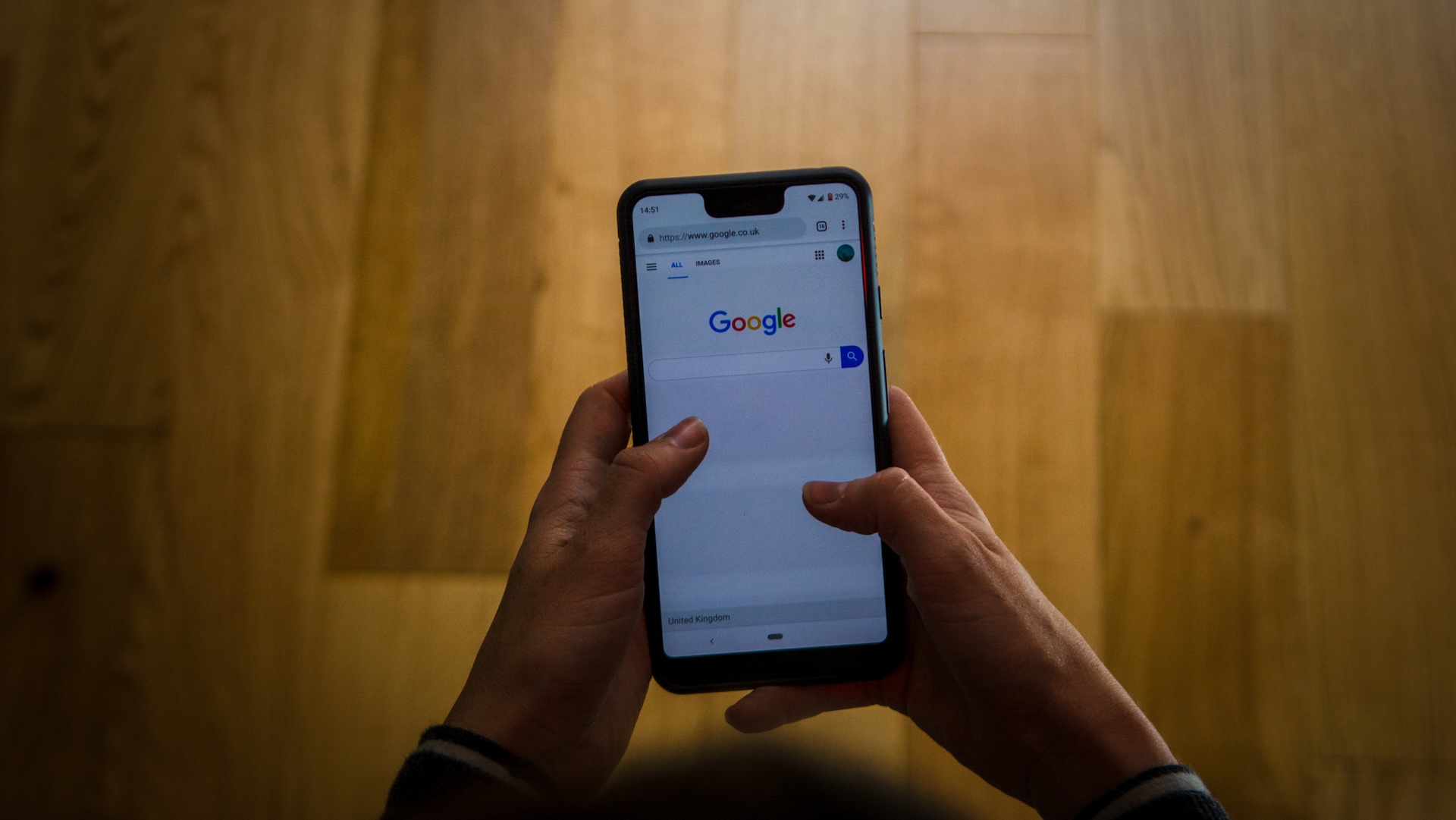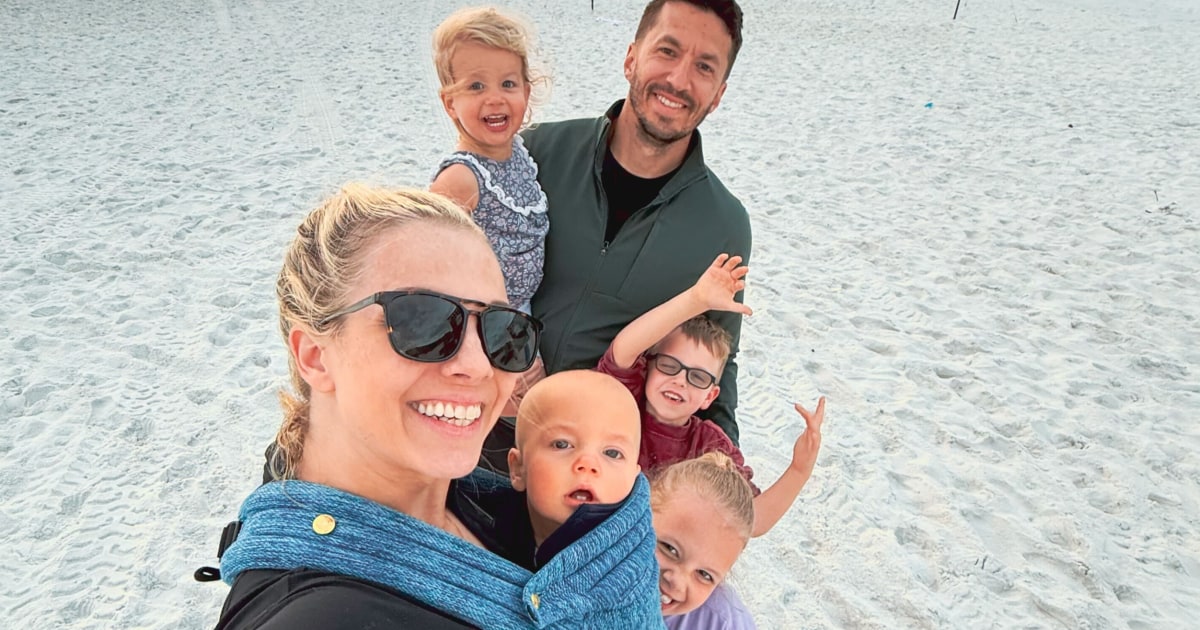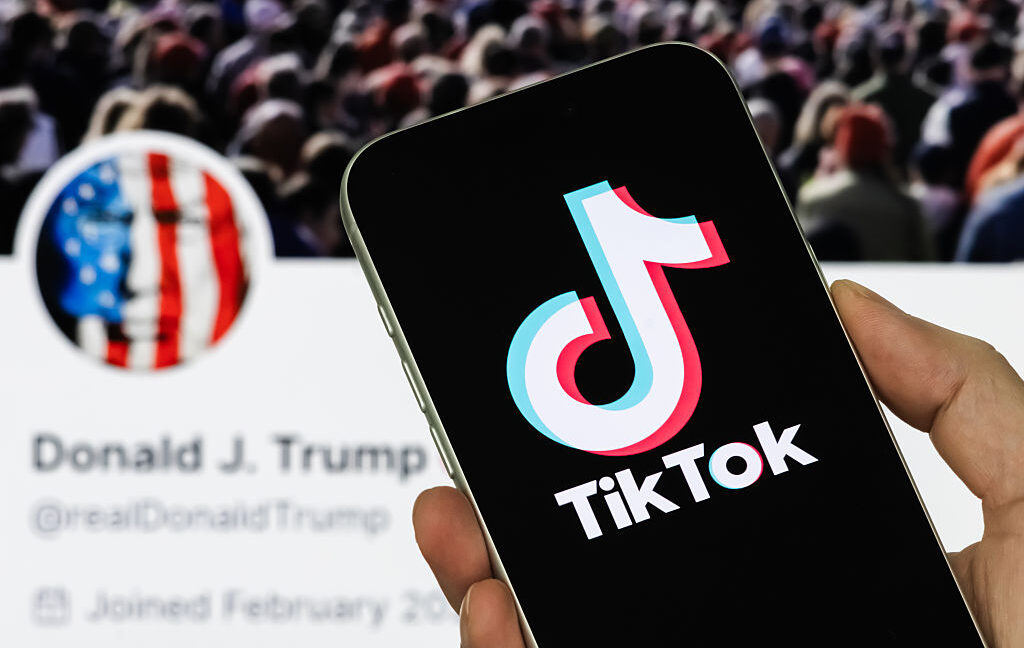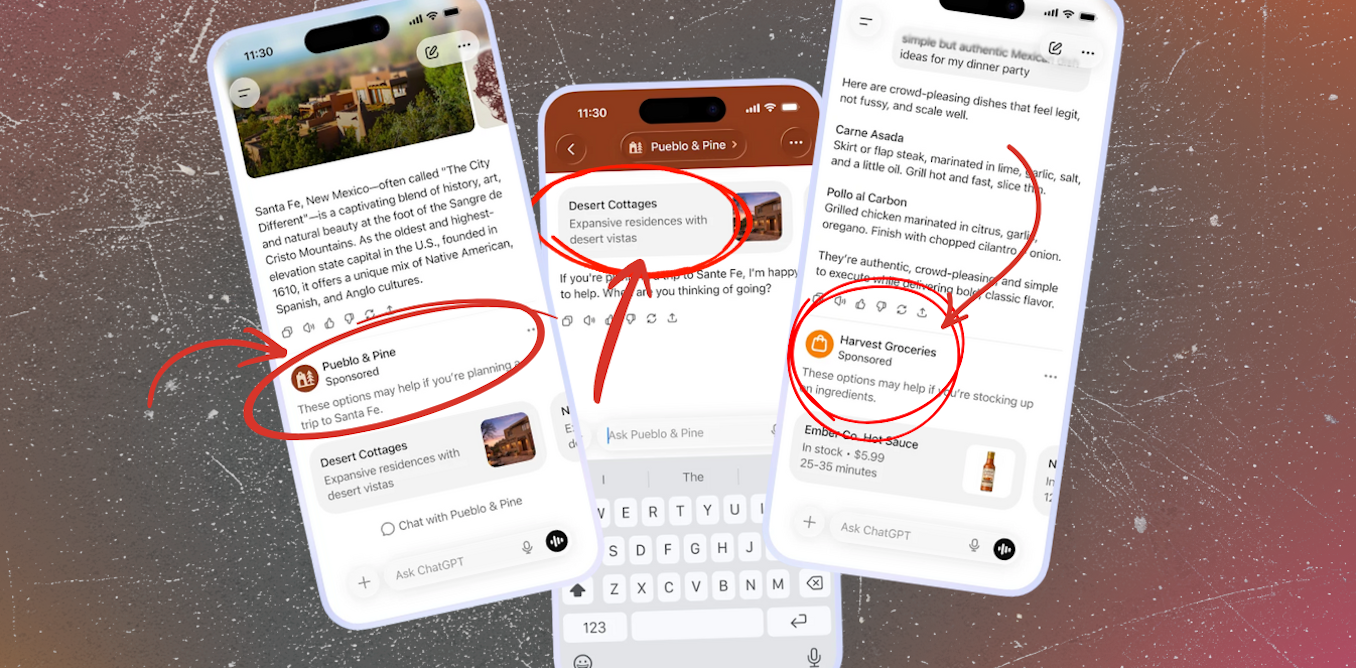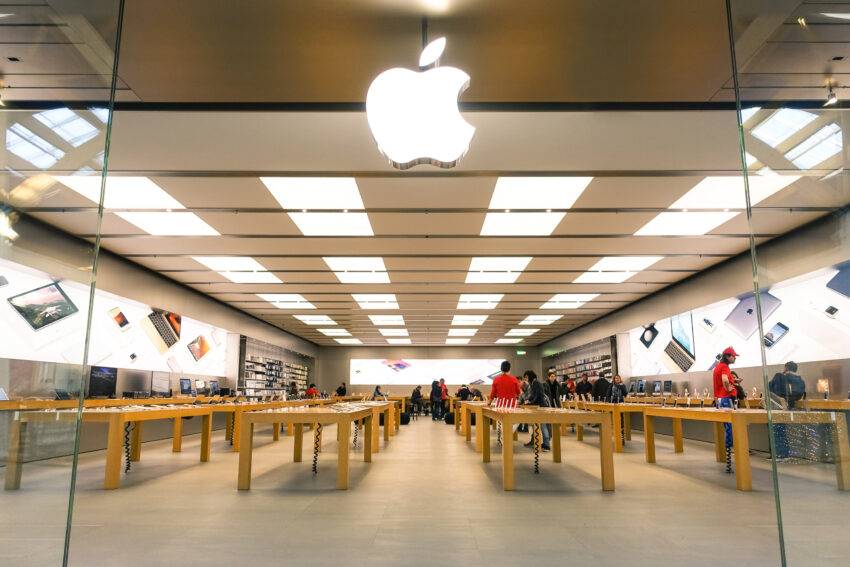#privacy
#privacy
[ follow ]
#surveillance #google-assistant #class-action-settlement #license-plate-readers #whatsapp #chatgpt #cookies #ice
Privacy technologies
fromTechCrunch
14 hours agoIndia's Supreme Court to WhatsApp: 'You cannot play with the right to privacy' | TechCrunch
India's Supreme Court sharply rebuked Meta, halted WhatsApp from sharing user information, and questioned how WhatsApp monetizes user and metadata for advertising.
fromEngadget
1 day agoFrance might seek restrictions on VPN use in campaign to keep minors off social media
France may take additional steps to prevent minors from accessing social media platforms. As its government advances a proposed ban on social media use for anyone under age 15, some leaders are already looking to add further restrictions. During an appearance on public broadcast service Franceinfo, Minister Delegate for Artificial Intelligence and Digital Affairs Anne Le Hénanff said VPNs might be the next target.
France news
fromIntelligencer
1 day agoDoJ Makes Appalling Mistakes in Release of New Epstein Files
For months, the federal government has faltered in its attempt to comply with the Epstein Files Transparency Act, the bipartisan bill signed by President Donald Trump that mandated the full release of the Justice Department's enormous trove of documents and media related to its investigation of Jeffrey Epstein. The Trump administration blew past the congressionally mandated deadline and is staggering its Epstein releases, dropping millions of pages in batches that have included some problematic redactions along with the expected disturbing revelations.
US politics
fromCN Traveller
5 years agoAvoid the crowds: inside the world's loveliest small and secret hotels
No doubt a response to the extreme digital connectivity of the world, but small and secret hotels have never felt more appealing than right now. The ultimate antidote to the 'see and be seen' scene. Extreme exclusivity is the name of the game here - where there's no waiting times for check-in, no scrounging around for a sun lounger, and staff greet you like family.
Travel
Relationships
fromwww.mercurynews.com
1 day agoHarriette Cole: My friend never mentioned her partner's arrest. Maybe she doesn't know?
Offer discreet, nonjudgmental support while respecting privacy and avoid pressing for details; communicate availability and concrete ways to help without creating pressure.
Artificial intelligence
fromBleepingComputer
3 days agoOpenAI says you can trust ChatGPT answers, as it kicks off ads rollout preparation
OpenAI is rolling out ads in ChatGPT for free and $8 Go accounts on Android, with controls and privacy protections, exempting paid Plus/Pro/Business/Enterprise users.
Privacy technologies
fromwww.theguardian.com
4 days agoArsenal's terminally online Premier League title pursuit is a symbol of our times | Barney Ronay
Temporary burner identities provide anonymized mobility and experiences that preserve privacy from pervasive digital surveillance while posing potential for criminal misuse.
Artificial intelligence
fromTechRepublic
4 days agoDaily Tech Insider Unpacks the Week AI Became Your Intern, Concierge, and Lip-Reader
Major tech companies are aggressively integrating advanced AI into consumer products, intensifying competition across browsers, search, assistants, and chips while raising privacy and security concerns.
fromThe Atlantic
4 days agoPurge the Public Servants
In this new season, I'm asking how the Trump White House is rewriting the rules of U.S. politics, and talking to Americans whose lives have been changed as a result. Today's episode examines the destruction of the civil service: the removal of professionals, and their replacement with loyalists. I've seen this kind of transformation before, in other failing democracies. Everyone suffers from the degradation of public services.
US politics
fromInsideHook
5 days agoWhere Have All the Hotel Bathroom Doors Gone?
On a recent two-week trip to Japan with my fiancé - six cities, six hotels - every stay was gorgeous and perfectly appointed. We wanted for nothing. Except, in most cases, a proper bathroom door. Instead, we spent the better part of two weeks making accidental eye contact through frosted glass and translucent panels while one of us was otherwise occupied. A design choice, apparently. A test of intimacy, definitely.
Travel
fromPCMAG
5 days agoDuckDuckGo Asked Its Users How They Feel About AI Search. 90% Hate It
AI in search is hard to avoid these days. Google's AI Overviews are everywhere (even in your inbox), and Microsoft has incorporated a Copilot chat option on Bing.com. Results are mixed, and hallucinations are still a problem. Large language models can help you dig deeper into a topic by asking follow-up questions, but on DuckDuckGo, it's clear that web users aren't interested.
Privacy technologies
fromEngadget
5 days agoAre VPNs really safe? The security factors to consider before using one
can conceal online activity that local or national governments deem illegal - up to and including, say, circumventing ID checks for age verification. Consumers aren't helped by the sheer amount of duds sold in app stores right next to the best VPNs, especially when they're purposefully exploiting moments that have people rushing to shore up their online anonymity. If you've almost decided to start using a VPN, you may be wondering if the services you're looking at are actually safe.
Privacy technologies
from3 Quarks Daily
5 days agoA Trustworthy Remedy in the Google Ad Tech Trial - 3 Quarks Daily
While we are waiting for the final decision from Judge Leonie Brinkema of the U.S. District Court for Eastern Virginia, I want to present some thoughts on the least resolved of the case's many issues, the hard parts the judge will be pondering. Actually, one hard part: trust. But I need to tell you a little about the case to make the trust issue clear.
US news
Privacy professionals
fromFuturism
6 days agoThe Amount Google's AI Knows About You Will Cause an Uncomfortable Prickling Sensation on Your Scalp
Google's Personal Intelligence can access users' Gmail, Photos, Search, and YouTube histories when opted in, exposing extensive personal data and inferences.
fromWIRED
1 week agoICE Asks Companies About 'Ad Tech and Big Data' Tools It Could Use in Investigations
US Immigration and Customs Enforcement is asking companies to provide information about "commercial Big Data and Ad Tech" products that would "directly support investigations activities," according to a request for information posted on Friday in the Federal Register, the US government's official journal for agency notices, rulemaking, and other public filings. The posting says that ICE is "working with increasing volumes of criminal, civil, and regulatory, administrative documentation from numerous internal and external sources."
US politics
fromPortland Mercury
1 week agoSAVAGE LOVE: The Roomies
You should do nothing. Absolutely nothing. Seeing as your childhood best friend's husband couldn't be bothered to hide his meds from his relatively new roommate - that would be you - we can safely assume he isn't hiding them from his husband. So, you can rest assured your childhood best friend knows what's up and you don't have a duty to warn him.
Medicine
fromTechRepublic
1 week agoMicrosoft Shared BitLocker Keys With FBI, Raising Privacy Fears
Microsoft is under scrutiny after it emerged that the company shared encryption keys with US law enforcement, an uncommon move that has alarmed privacy experts and reignited the debate over who truly controls encrypted data. According to Forbes staffer Thomas Brewster, Microsoft provided the FBI with BitLocker recovery keys that allowed investigators to unlock data on three encrypted laptops. The request came through a valid search warrant issued in a federal investigation in Guam into alleged fraud in the island's COVID-19 unemployment assistance program.
Privacy technologies
Gadgets
fromwww.scientificamerican.com
1 week agoWhy Apple and OpenAI are reportedly betting on AI hardware in 2026
AI-powered micro-wearables with cameras, microphones, and speakers pose privacy and social-acceptance challenges despite potential conveniences like name reminders and conversational prompts.
fromLGBTQ Nation
1 week agoFederal judge slams DOJ's attempt to "intimidate & harass" trans patients & hospitals - LGBTQ Nation
A federal judge has voided a Department of Justice (DOJ) subpoena requiring Children's National Hospital in Washington, D.C. to hand over private information on young patients receiving gender-affirming care (GAC). The ruling is just the latest roadblock in the DOJ's quest to end GAC for trans youth; however, the hospital stopped offering GAC last July in response to the current presidential administration's threats to defund institutions that offer such care.
US politics
fromGSMArena.com
1 week agoGoogle expands Personal Intelligence to AI Mode in Search
In AI Mode, Personal Intelligence lets you connect Gmail and Google Photos to get AI results that are personalized based on your emails and photos. This is available for Google AI Pro and Google AI Ultra subscribers in English in the US, and it's opt-in as a Labs feature. To turn it on, go to Google Search, tap your profile, choose Search personalization, select Connected Content Apps, and then connect Workspace and Google Photos.
Artificial intelligence
fromSearch Engine Roundtable
1 week agoGoogle Ads New Call and Messaging Ads Terms
Google is Watching/Listening: By using these features, you agree that Google can record and monitor a sample of your calls, texts, and chats. They do this to check the quality of their ad programs. Take it or Leave it: If you don't agree to being recorded, you aren't allowed to use the "Communication Features" (like click-to-call or click-to-message ads). You Are Responsible for Warning People: You must tell your employees, agents, or anyone answering these communications that they are being recorded.
Marketing tech
fromTheregister
1 week agoDebian's FreedomBox Blend promises an easier home cloud
The FreedomBox project, kicked off by original FSF legal boffin Eben Moglen, aims to make it easy to run your own private server, and get your files, photos, email, and other data out of the enfolding pseudopodia of giant cloud providers (mostly based in the USA) and into your own home. You can buy hardware with the software preinstalled, or download installation media, but there's another and maybe more appealing option: one of Debian's built-in Blends.
Privacy technologies
fromZDNET
1 week agoHow to strip AI from Chrome, Edge, and Firefox with one simple script
I do not want AI in my web browser. I just don't. I also don't want companies collecting information about me, or sponsored content and product integrations. All those bits make me want to pull my hair out. I like my privacy and want to browse, you know, the old-fashioned way. I do use AI (on occasion), but only locally-installed AI and only for specific purposes (such as learning Python or researching a topic when I don't want to use a standard search engine).
Privacy technologies
fromTechCrunch
1 week agoTodoist's app now lets you add tasks to your to-do list by speaking to its AI | TechCrunch
True to its name, Ramble can take your meandering, unstructured speech and turn it into organized tasks. The app will also capture other details you mention, like project deadlines, priorities, duration, and assignees. The idea is that people often think of things they need to do while on the go, but taking out their phone to jot down a note or create a reminder can be challenging.
Artificial intelligence
[ Load more ]




